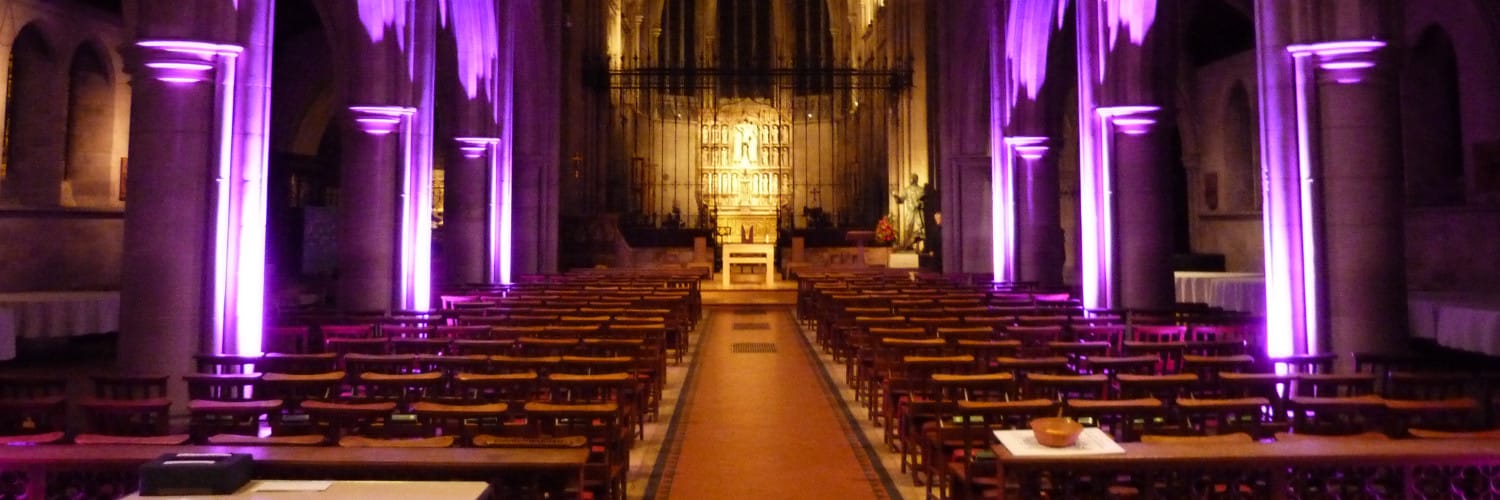
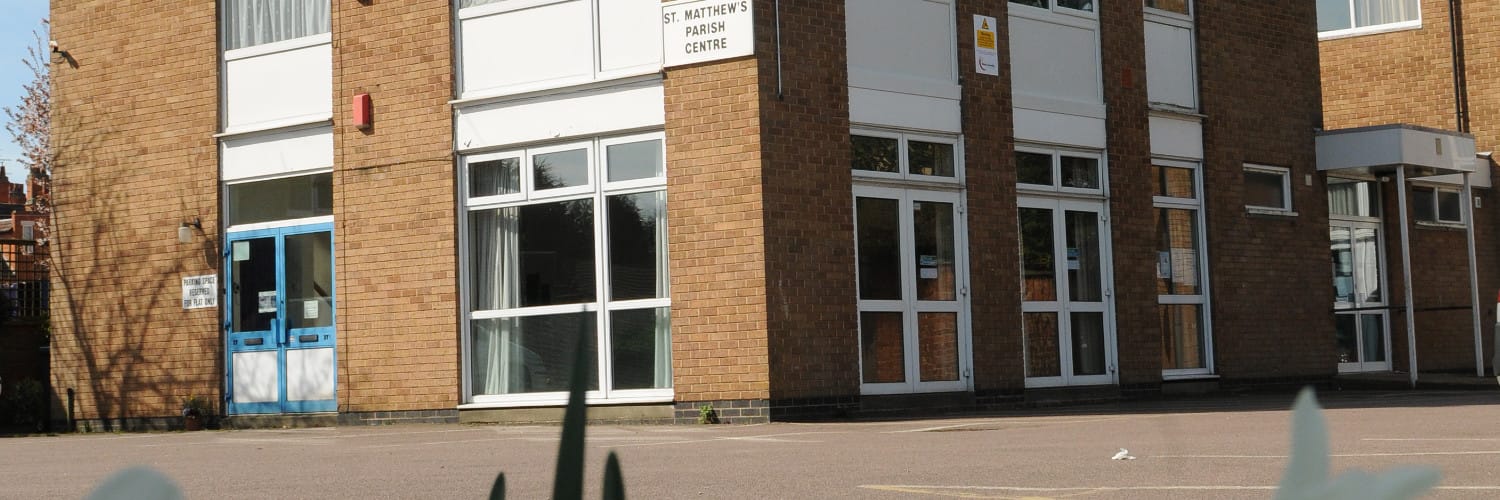
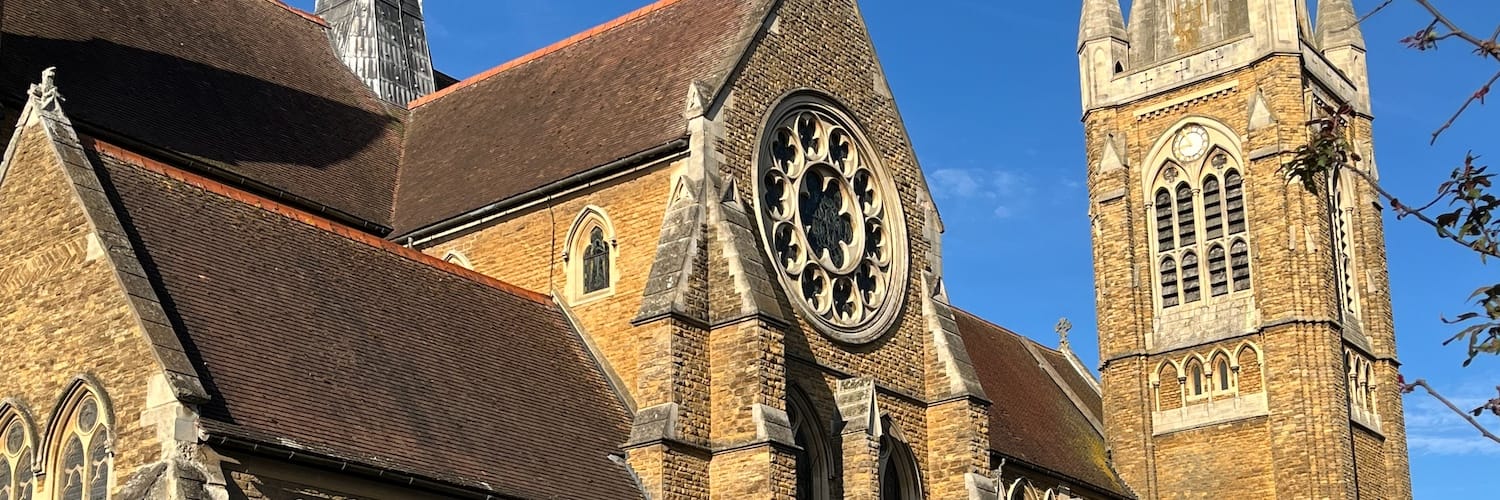
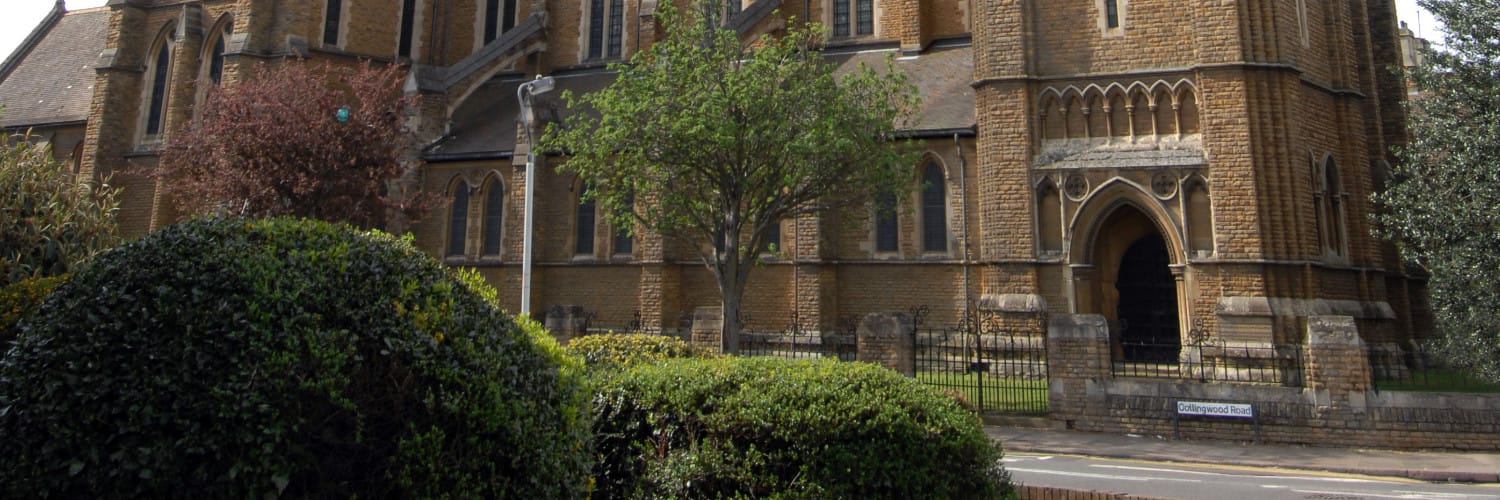
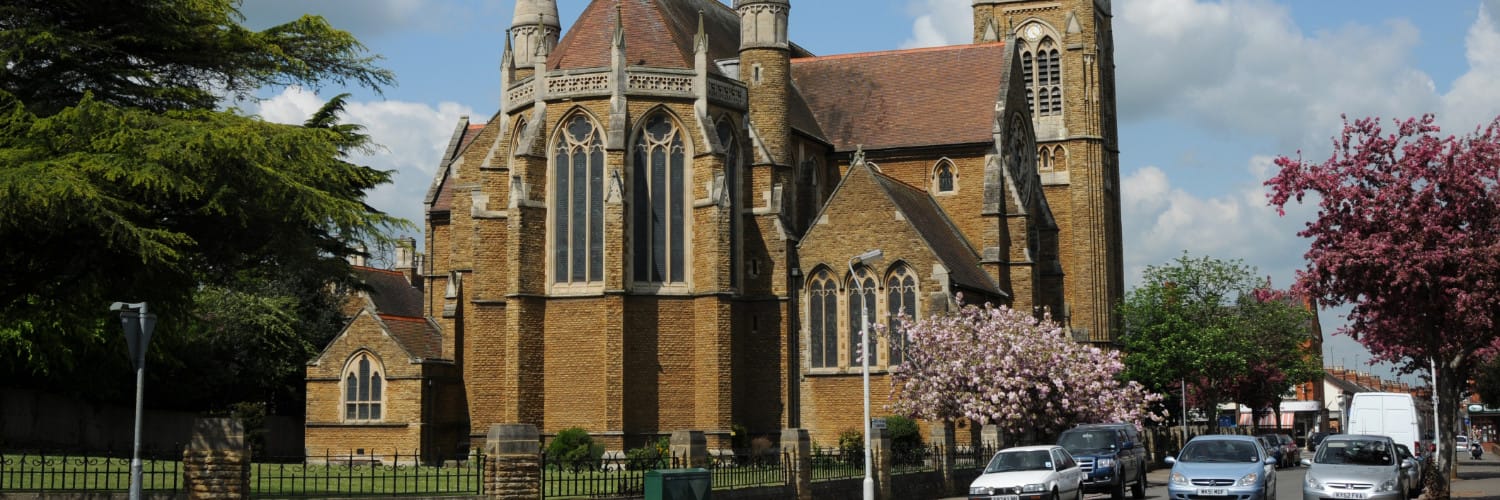
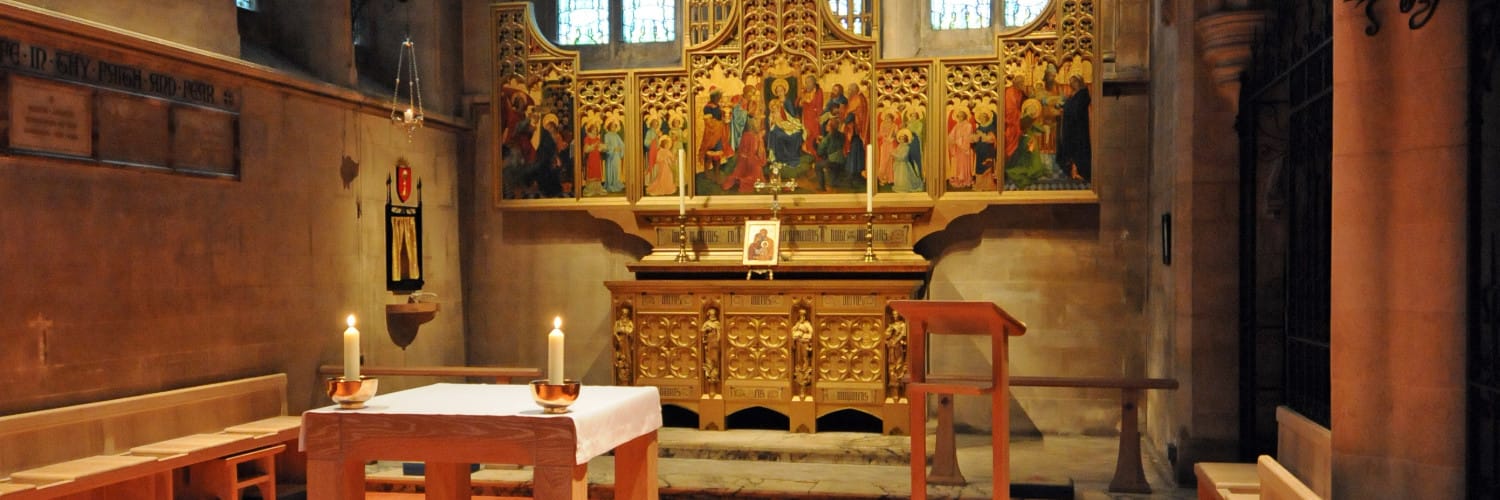
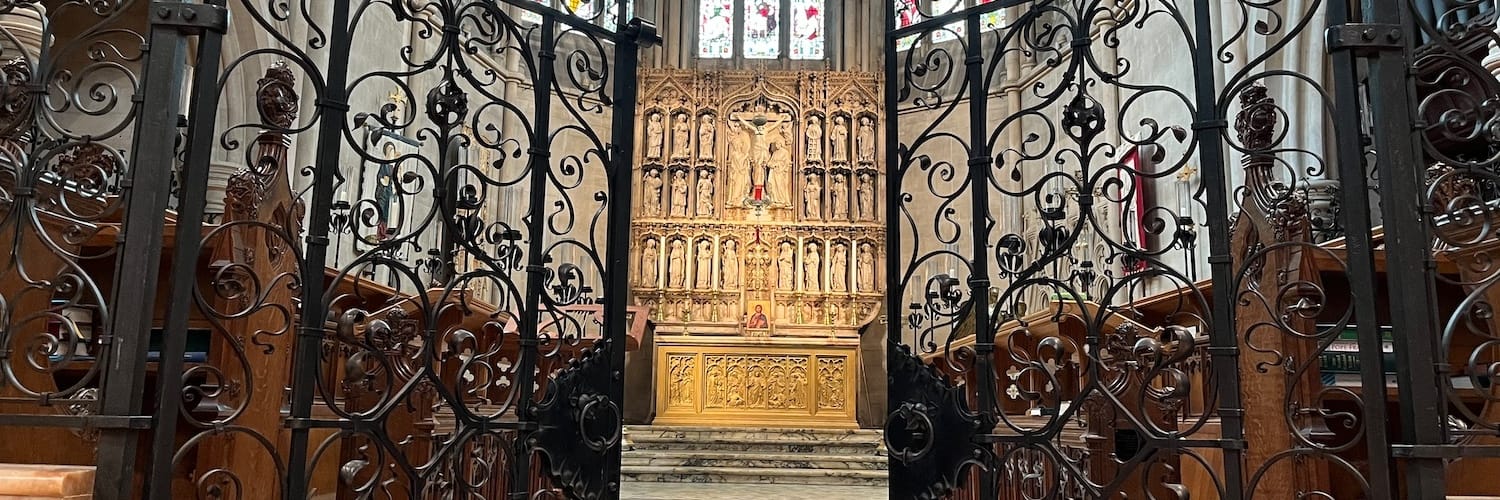
News & Events - Parish News
Building a More Generous Church
Posted on Friday 13 February 2026 at 11:01am
Over the coming weeks you will receive a handout outlining the financial position of our parish and the very real need to grow our regular income if we are to remain sustainable for the long term. Alongside this, during the Sundays of Lent, Fr Nicholas will be preaching and teaching about the meaning of Christian stewardship. This is about far more than balancing accounts. It is about the shape of a Christian life. What does generosity look like in our time, our gifts, our attention, our hospitality – and yes, in our giving? Each week these themes will connect with the season of Lent and with the Sunday Gospel readings, helping us to see stewardship as a spiritual response to God’s grace. The future shape of our life together in God’s name depends, in part, on how each of us responds. Please take time to read the material carefully, to pray, and to reflect. A simple question to hold before God might be: “Is it generous?”
We believe in a generous God who pours out his love without measure. A generous life is therefore one of the clearest signs of Christian faith. As generosity grows, so does our likeness to the God we worship. The ministry and mission of St Matthew’s are sustained through the faithful generosity of parishioners – thank you for all that is already given, and for all that is prayerfully considered in the weeks ahead.
February's Pastoral Letter from the Vicar
What might a good Lent look like?
Posted on Sunday 1 February 2026 at 7:00am
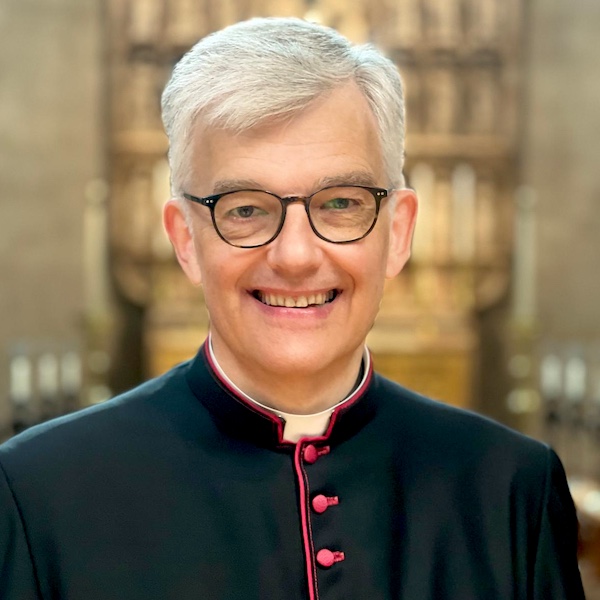
By the time you are reading this, Christmas will already feel like a fond (and
possibly slightly blurry) memory, Epiphany will be drawing to a close, and the
Church will be quietly, but firmly, steering us towards Lent. Like it or not, the
desert looms.
Lent has a rather unfair reputation. For some it conjures images of grim
faces, joyless self-denial, and the sort of resolutions that are abandoned by
the Second Sunday. But Lent, at its heart, is not about spiritual misery. It is
about honesty, attentiveness, and re-centring our lives on Christ – and that,
while demanding, is ultimately life-giving.
My hope for each of us this year is that we might keep a good Lent: not
necessarily a heroic one, but a faithful one.
Traditionally, we think of Lent in terms of giving something up. There is real
value in that, especially if what we forego genuinely matters to us and serves
a spiritual purpose. Going without something we enjoy can sharpen our
awareness of Christ’s forty days in the wilderness, his temptations, his
vulnerability, and his trust in the Father. Chocolate can indeed be theological.
But Lent also invites us to do something extra. This is often where the
deepest growth happens. Perhaps this might be attending a weekday Mass
occasionally – or even regularly – allowing the rhythm of prayer and Scripture
to shape the week. You might consider joining the parish Lent Course, or
coming along to the Stations of the Cross on Friday evenings, where we walk
prayerfully with Christ through the final hours of his earthly life.
Lent is also a particularly fitting time to think about the Sacrament of
Reconciliation. For some, this will be a familiar and much-loved practice; for
others, something distant, uncertain, or even daunting. If you have never
made a confession before – or not for many years – Lent offers a gentle
invitation to find out more, with a view to making a first (or renewed)
confession before Easter. It is not a test to be passed, but a gift to be
received.
Whatever shape your Lent takes, I would encourage you to set aside some
dedicated time each day for prayer – even if it is brief – using Lenten
themes, Scripture, or a simple prayer of quiet attentiveness. Consistency
matters more than quantity.
Above all, Lent prepares us to relive, in heart and mind, the saving events of
Holy Week, not as distant history, but as something that still speaks
powerfully into our own lives and our world today. If we allow ourselves to
engage deeply with Christ’s passion, then our Easter joy will not be forced or
superficial, but genuine and hard-won.
So let us encourage one another to keep
So let us encourage one another to keep a good Lent – faithful rather than
flashy, honest rather than heroic – trusting that God will do far more with our
small offerings than we could ever imagine.
With every blessing for the journey ahead,
Fr Nicholas
January's Pastoral Letter from the Vicar
Renewed purpose in the depths of winter
Posted on Thursday 1 January 2026 at 7:00am

As we stand at the threshold of a new year, the Church invites us not merely
to turn a page on the calendar, but to enter more deeply into the mystery of
Christ’s revealing love. January is often a month of contrasts: the world
around us feels cold and dim, the festive lights have been packed away, and
yet the liturgy of the Church glows with the bright promise of Epiphany. In the
very heart of winter, when the nights are long and the earth appears dormant,
the Gospel speaks insistently of manifestation, illumination, and hope.
We begin this season with the great feast of The Epiphany of the Lord, when
the wise men from the East – Gentiles, strangers, seekers – are drawn by a
light they do not fully understand. They come with gifts, not knowing exactly
what they will find, but trusting that the star has guided them to truth. Their
journey is our journey. Like them, we offer what we have – our time, our
talents, our material wealth – placing them at the feet of Christ so that he may
use them for the building up of his Church and the blessing of the world.
Epiphany reminds us that our generosity is not just a practical necessity for
parish life, but a spiritual act: a participation in the self-giving love through
which God reveals himself.
This revelation continues in the feast of The Baptism of the Lord. In the
waters of the Jordan, Jesus steps into the depths of our human condition,
sanctifying the very elements of creation and opening for us the way of eternal
life. As the heavens are torn open and the Spirit descends, the Father
proclaims, “This is my beloved Son.” It is a moment of profound unveiling:
Christ is made known, not only to Israel, but to all nations. And in our own
baptism, we share in that epiphany. We, too, are called to make Christ
known, to be living signs of his presence in a world that often struggles to see
beyond its present darkness.
Epiphanytide, coming as it does in the deep midwinter, invites us to persevere
in faith even when warmth and light seem distant. This season teaches us
the spirituality of winter: to trust in what we cannot yet see, to keep the flame
of devotion alive when the winds of life blow cold, and to root ourselves more
firmly in prayer, worship, and acts of charity. Like the Magi journeying by
starlight, we walk by faith, guided by the quiet but unwavering radiance of
Christ.
Our journey through this season finds its fulfilment next month in the feast of
Candlemas, or The Presentation of Christ in the Temple, when we celebrate
Christ as the Light of revelation to the Gentiles and the glory of God’s people
Israel. On that day, candles are blessed and carried – a reminder that the
light which shone over Bethlehem and guided pilgrims from afar now burns
in our own hearts. Candlemas marks the hinge between Christmastide, the
unfolding story of his earthly ministry, and the events of Holy Week and
Easter. It invites us to carry the light of Christ forward, not as something
fragile, but as something triumphant, entrusted to us for the sake of the
world.
May these weeks of Epiphanytide be for us a time of renewed clarity and
purpose. As we journey through the coldest and darkest part of the year,
may we do so with confidence that the true Light has come into the world, a
light the darkness cannot overcome. Let us offer our gifts with generosity,
our lives with devotion, and our witness with courage, that Christ may be
revealed afresh in our parish, in our community, and in our own hearts.
With my prayers and every blessing for the year ahead.
Your sincere friend and parish priest,
Fr Nicholas
Live-streaming, GDPR and Your Consent
Posted on Monday 16 September 2024 at 11:30am
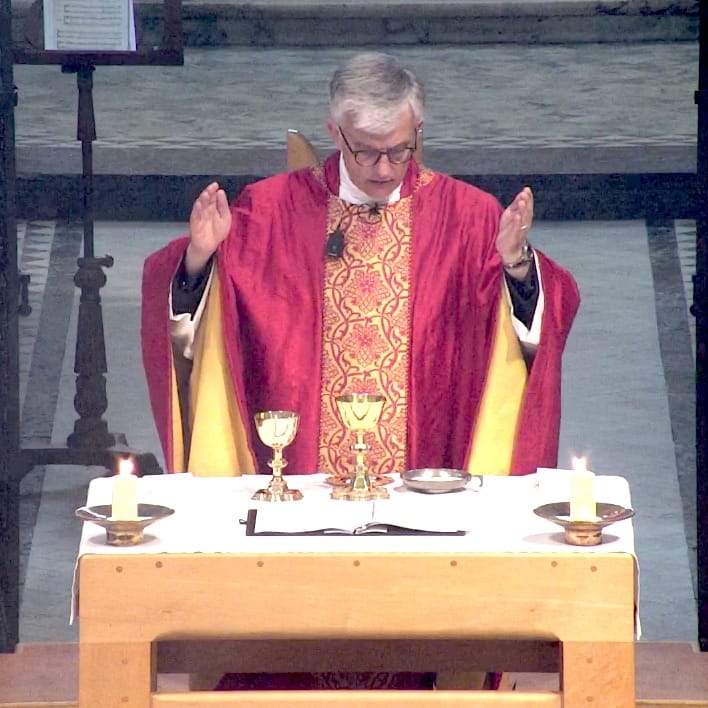
Some of St Matthew's services (most Sunday mornings and some special services) are live-streamed or recorded for those who cannot attend church in person. Under GDPR, the church must gain the consent of anyone whose image may be captured, as this constitutes collection of "personal data". This includes clergy, readers/intercessors, musicians and congregation.
Whilst every attempt is made not to capture the faces of members of the congregation, this may occasionally happen if people turn around or move around the church during the service. The exception is communion, when the congregation is not filmed. The side aisles and back of the nave are so far as possible film-free areas not covered by the camera. Anyone whose personal data is collected must give their consent. Consent forms are available in church and online . The full policy can be read on our parish website or on the noticeboards in church.
Please read Our Privacy Policy - Filming & Photography and if you are happy to, give your consent by downloading, printing, signing, and handing in the form to a church representative or the Parish Office on your next visit. The consent form can be found at the bottom of the page.
Information Quick Links
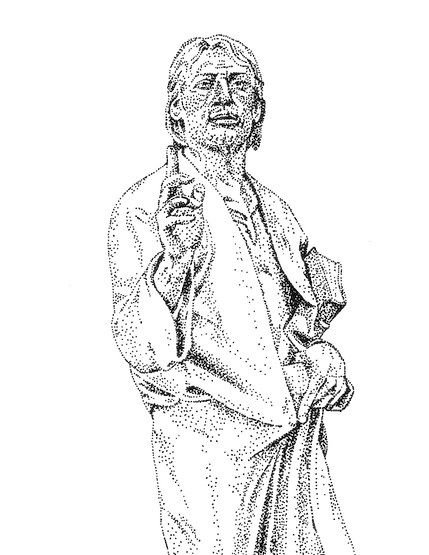

Join our Mailing List
To receive our email newsletter regarding the latest news and upcoming events at St Matthew's, kindly provide us with your name and email address below. By opting in and subscribing, you'll stay informed about our community, special services, insightful articles, and other valuable content.
Connect with us
Please show your support by following and subscribing to our church and choir social media channels, where you can find inspiring content, updates on our events and services, live streamed services, and uplifting messages.







